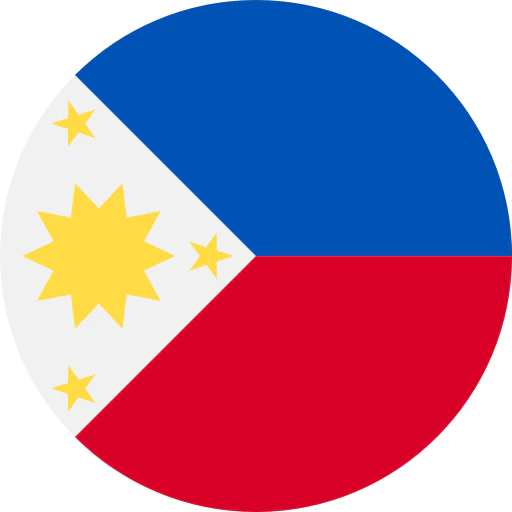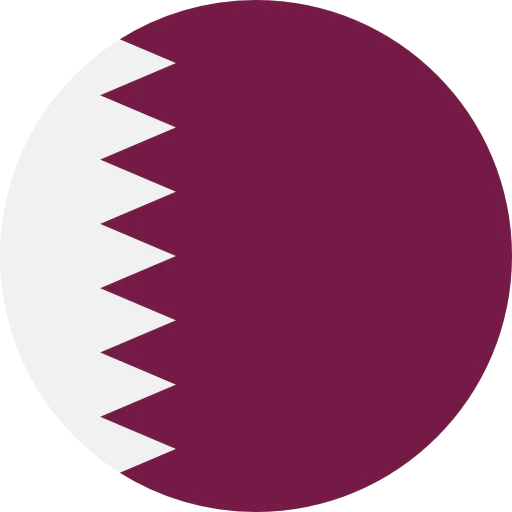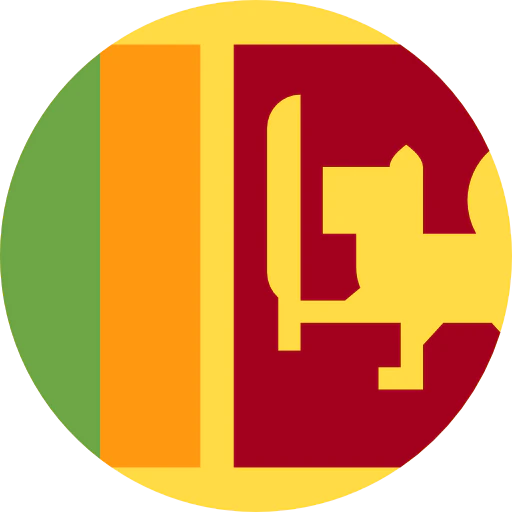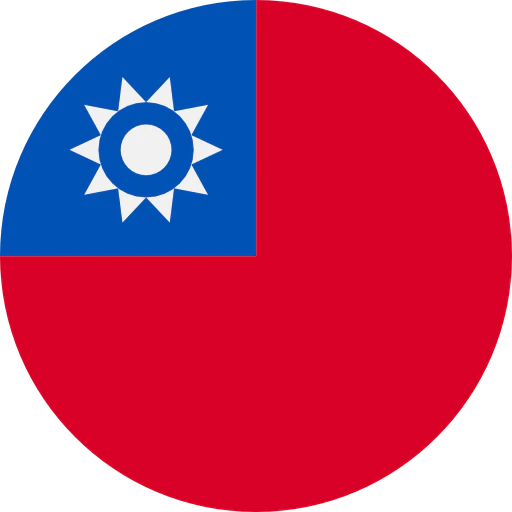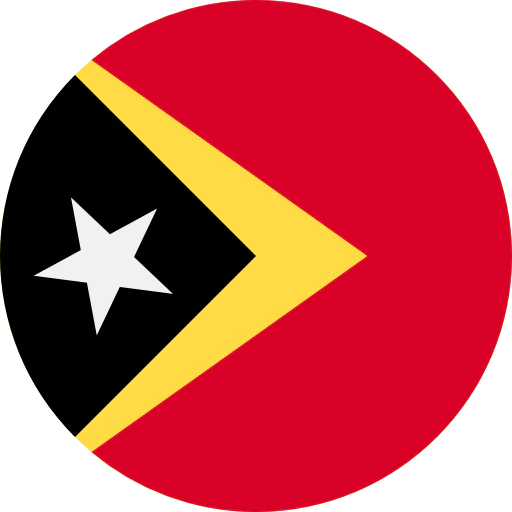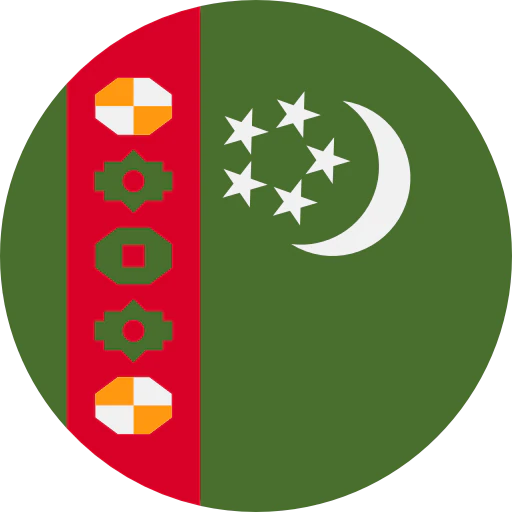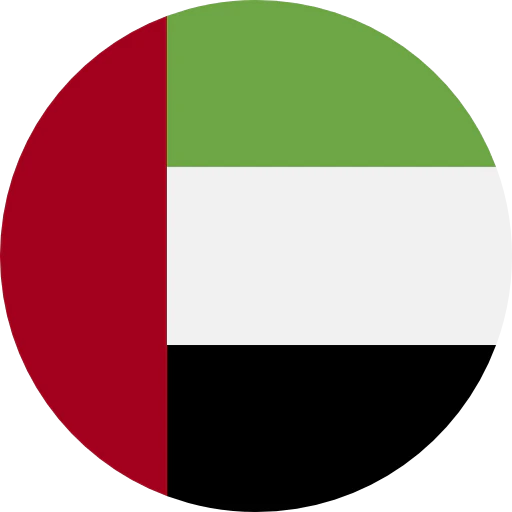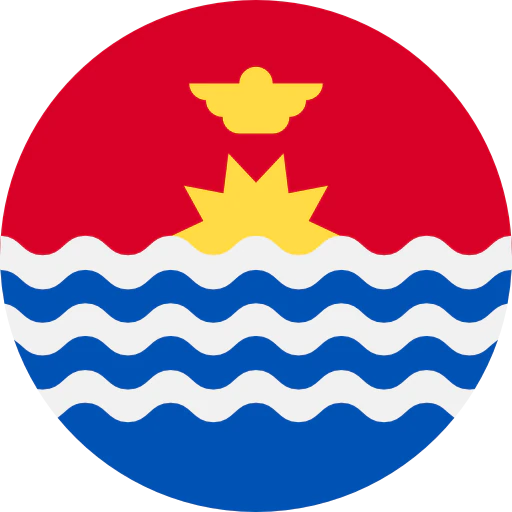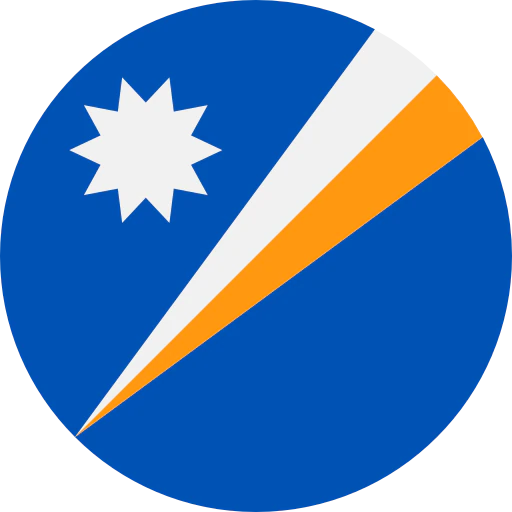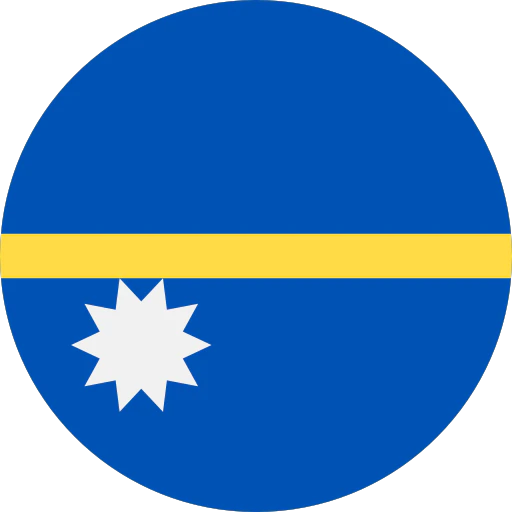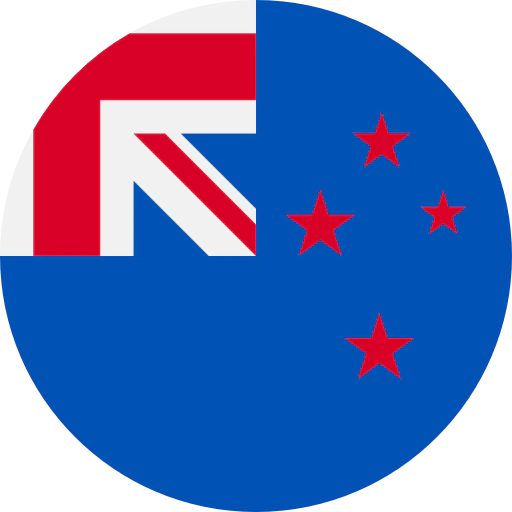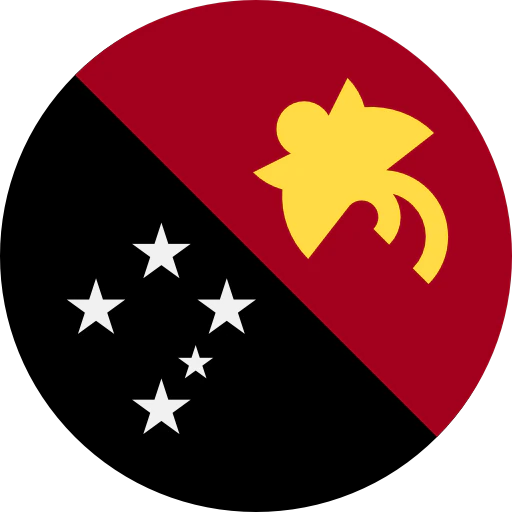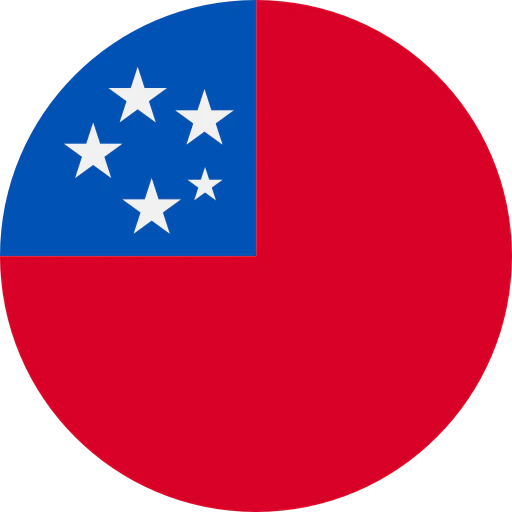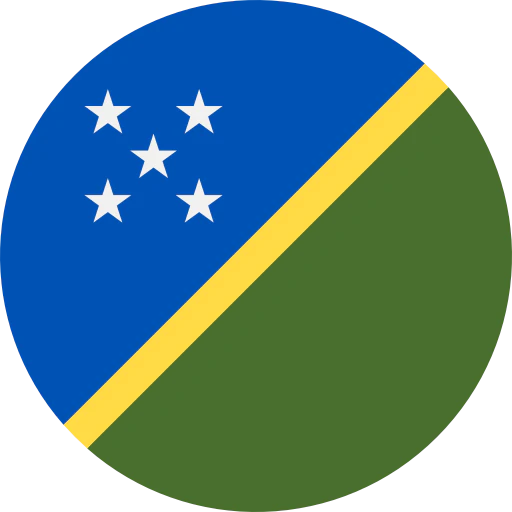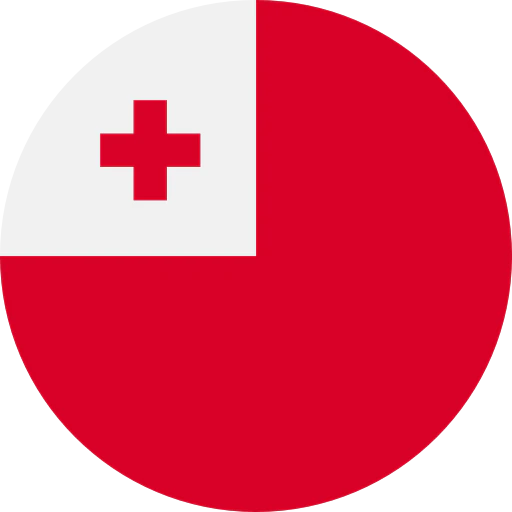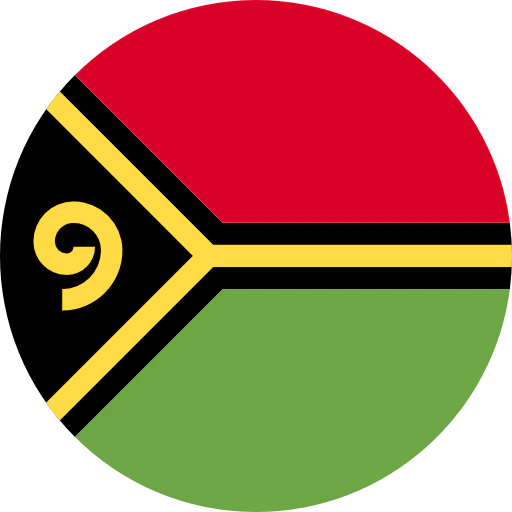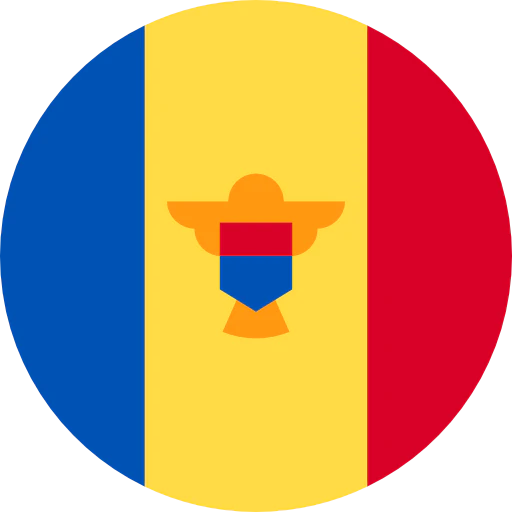Podcast host, engineer, and producer Matt Boudreau brings a unique perspective to the world of recording on his weekly podcast, Working Class Audio. He recently spoke with us to chat more about his favorite studio gear, celebrating the 300th episode of the show, and to offer advice for aspiring podcasters. Check out the full interview below!
Can you start by telling us a bit about yourself and your podcast, Working Class Audio?
I'm an audio engineer and have been for almost 27 years. Working Class Audio is a podcast that I do weekly. I interview audio professionals from all audio disciplines about their journey and experiences in doing audio to find out how they survive, their decision-making process, and what makes them tick.
How did you get started in engineering and production?
I had spent most of my early adult life playing and recording as a drummer in the days where you had six-figure budgets and recorded to tape. I knew the process. I got started in engineering and producing after a local San Francisco band asked me to produce their record. That experience got me hooked.
What inspired you to start a podcast?
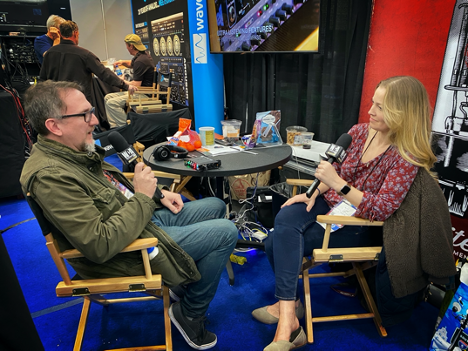
I was inspired to start a podcast six years ago after having gone through the experience of running a studio during the financial crisis from 2007 to 2012. I used the podcast as a vehicle to allow me to interview other recording professionals. I was able to ask them how they survive, how they deal with business, how they deal with work-life balance. I was ultimately seeking answers on things I was struggling with at the time
How is the recording process for Working Class Audio different from your engineering/producing work?
Regarding podcast work, the timeframe for putting a show together is very condensed compared to putting a song or a record together. My primary goal is to make sure the person I'm interviewing can tell their story and give their advice. I also strive to make the voices sound as good as possible using NPR as my model. In music, of course, you're dealing with multiple instruments, balances, and how to present the picture that conveys the song's emotion. Plus, it takes much longer!
Do you have any go-to audio equipment for studio use or podcast development?
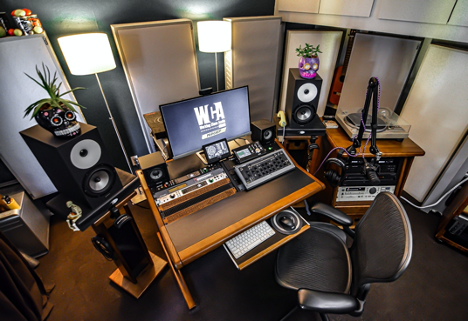
There's a combination of recorders, microphones, DAWs, and plugins that I use. I rely heavily on the Sound Devices MixPre-6 when I'm doing interviews in person or remotely. When I'm remote, I always depend on my Audio-Technica BP4001s. They're tough microphones. I've also always been a longtime fan of the ATH-M40x headphones. I always take a pair with me when I do remote interviews.
You recently celebrated the 300th episode of your podcast, congratulations! How does it feel to have come this far and what was the special topic for this milestone?
It blows my mind when I look at the number of shows I've done. WCA #300 saw the return of Andrew Scheps to the show. He initially appeared on WCA #009. Our discussion was revisiting some things we talked about in our first conversation years earlier and talking about his life changes since. In the monologue, I discussed reflecting on 300 episodes and the growth that I have encountered and the people I've met along the way. People send me notes, texts, emails, communications of all sorts, telling me how much they get out of the show, and that keeps me going.
Aside from this milestone, do you have any other favorite podcast episodes?
I can't say I have a favorite podcast episode. There are so many to choose from. I always enjoy chatting with my friends like Vance Powell or Andrew Scheps, but it's also a real thrill to talk to people like the legendary producer, Eddie Kramer, or Butch Vig.
As someone who's recorded hundreds of podcast episodes, what advice would you give to someone just starting out?
My advice to anyone who wants to start a podcast is to make sure you're working on something you're passionate about. Stick to a schedule. I'm a fan of using dynamic mics in podcast production, rather than condenser mics. Many people working from home do not have the best rooms in the world to work in. Try to eliminate the impact of the space on your voice by using a dynamic mic like a BP40.
How can people stay in touch with you and Working Class Audio?
You can stay in touch with me by connecting with me on LinkedIn. You can, of course, go to workingclassaudio.com and subscribe to the show. And you can always visit mattboudreau.com where you can read about and listen to my work with bands.






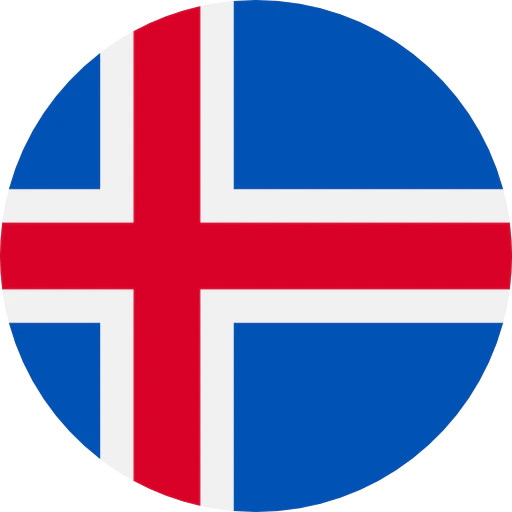
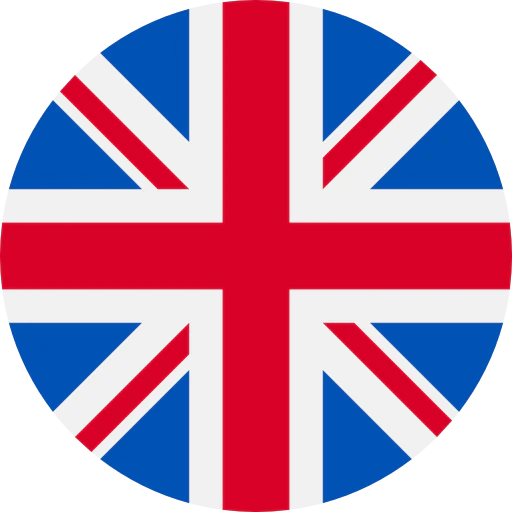


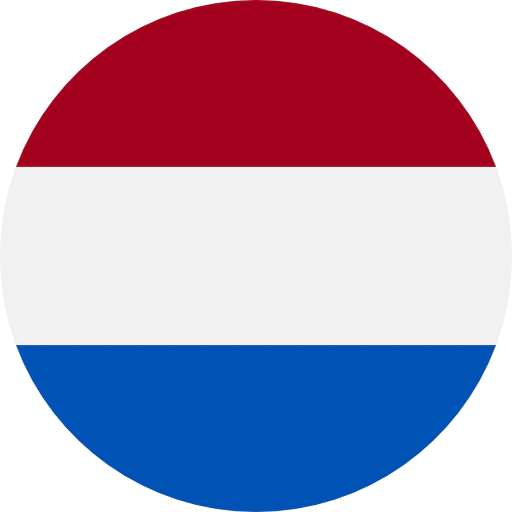







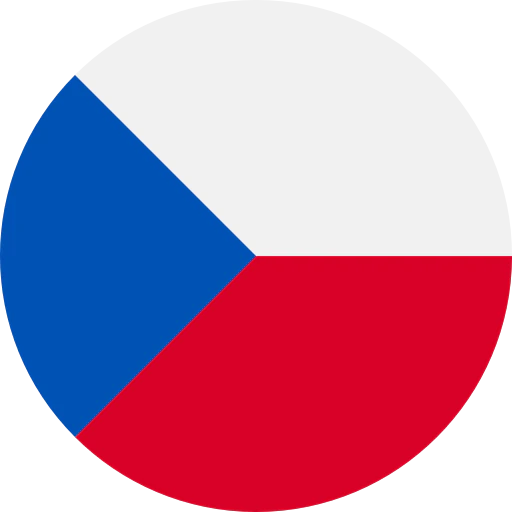
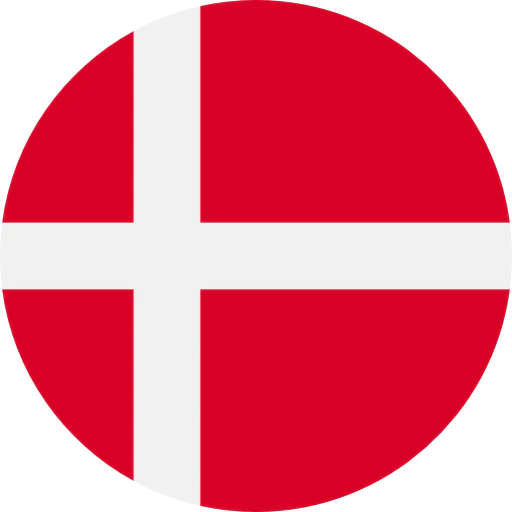








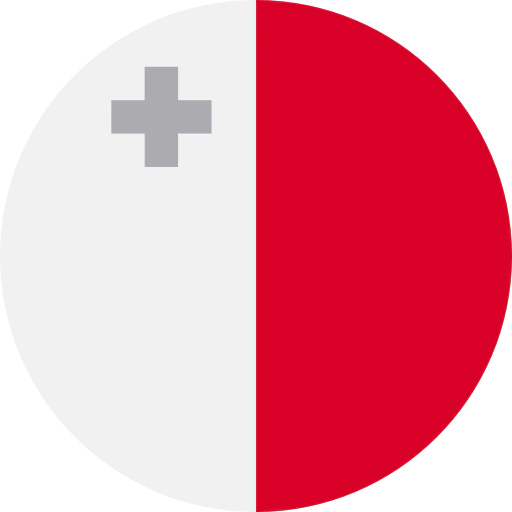
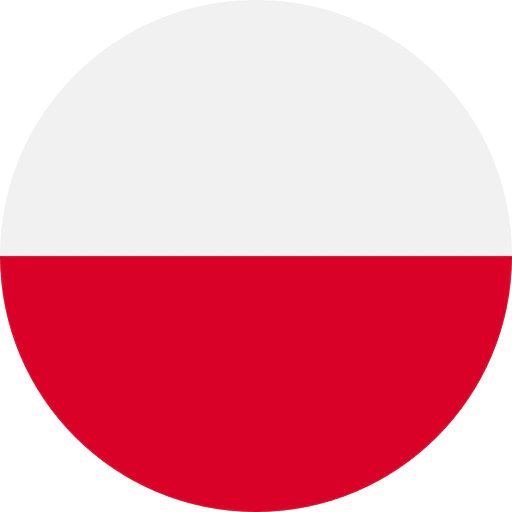




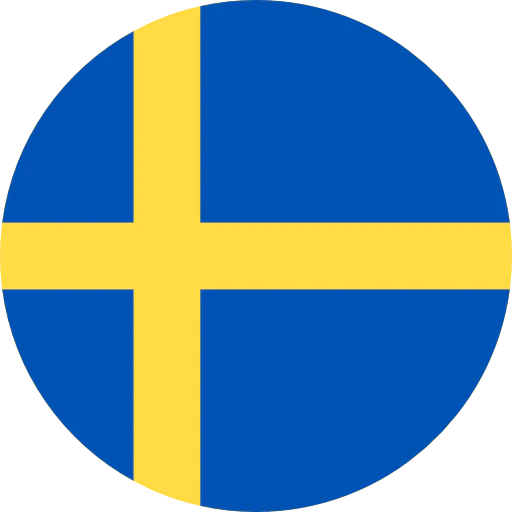



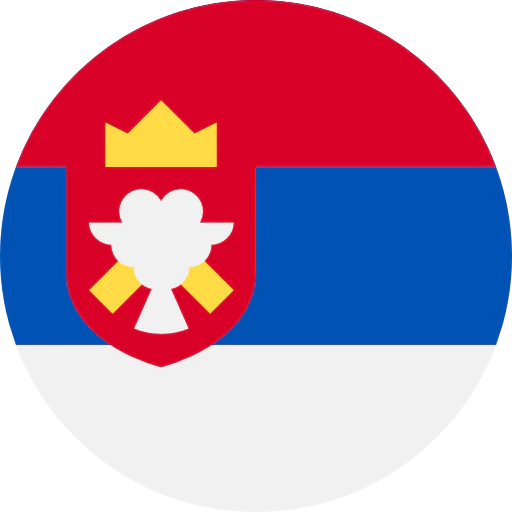

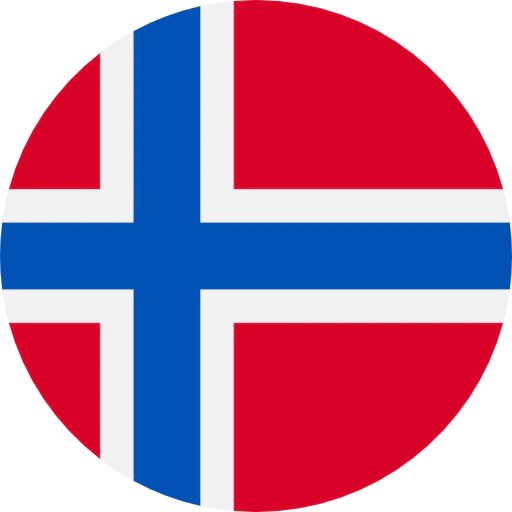
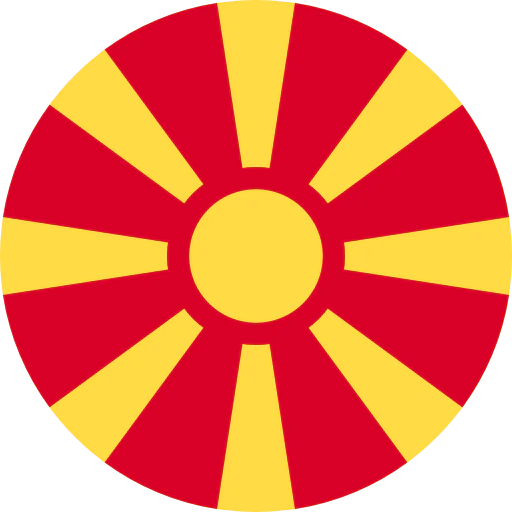

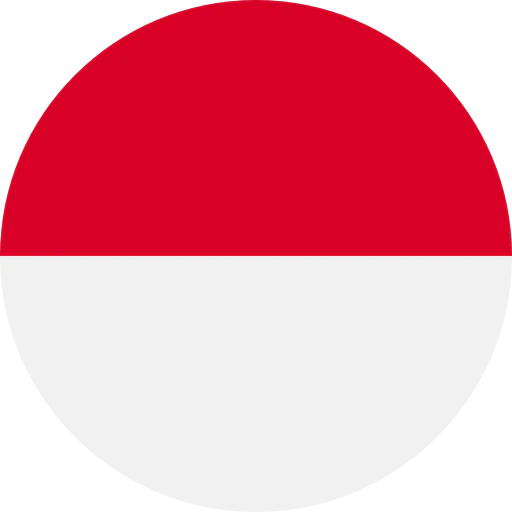
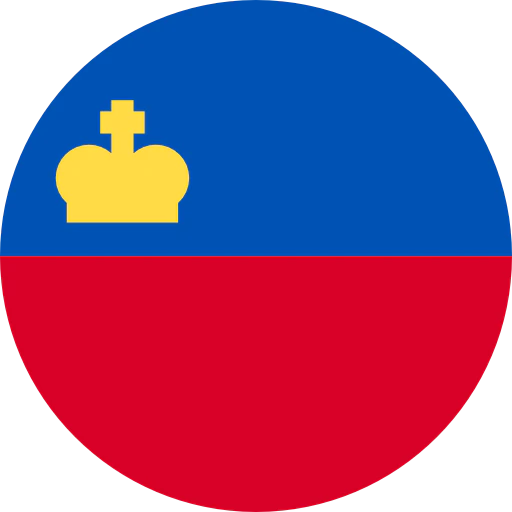

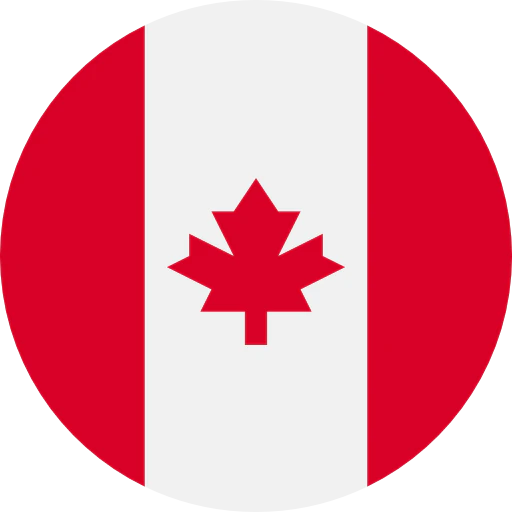

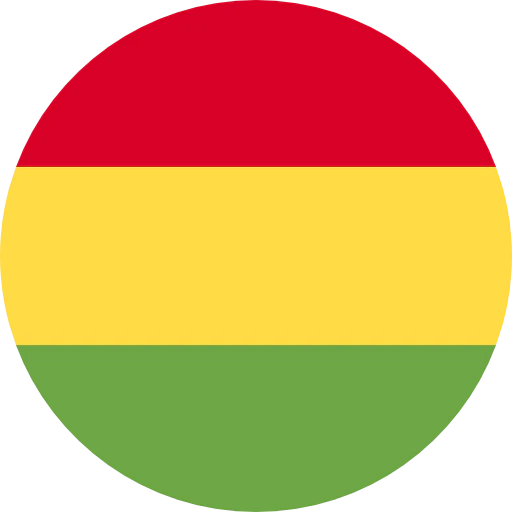

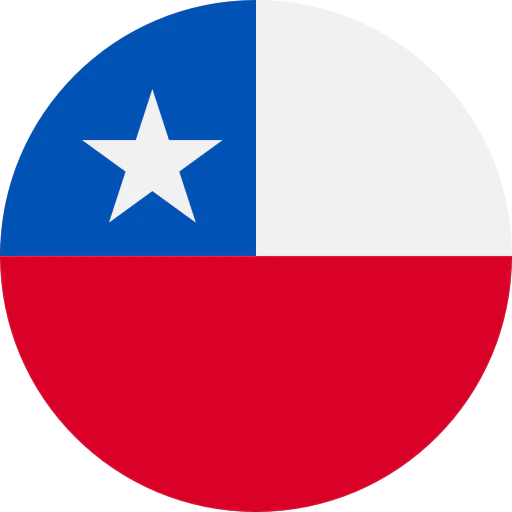
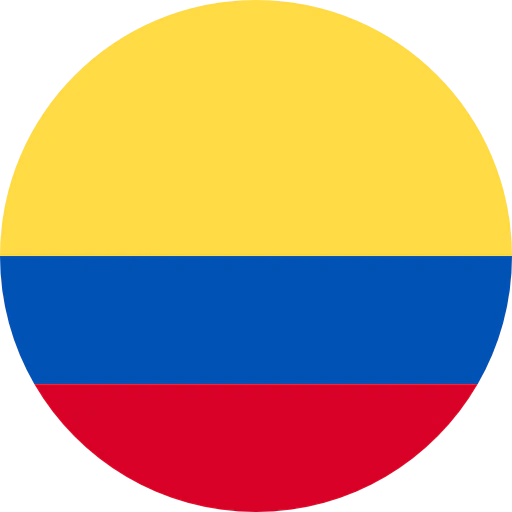

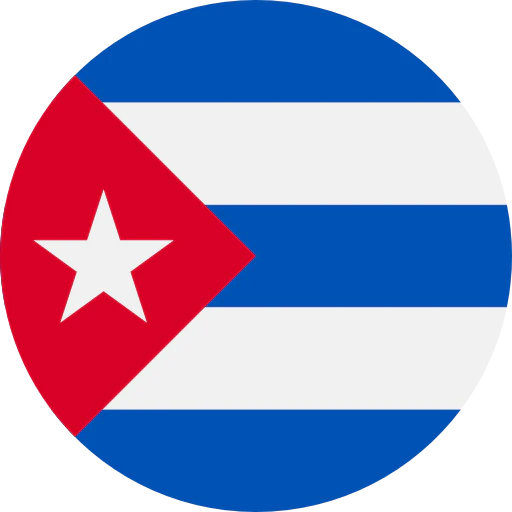
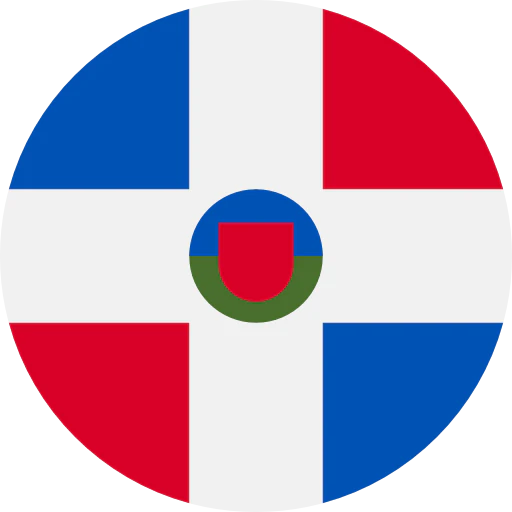
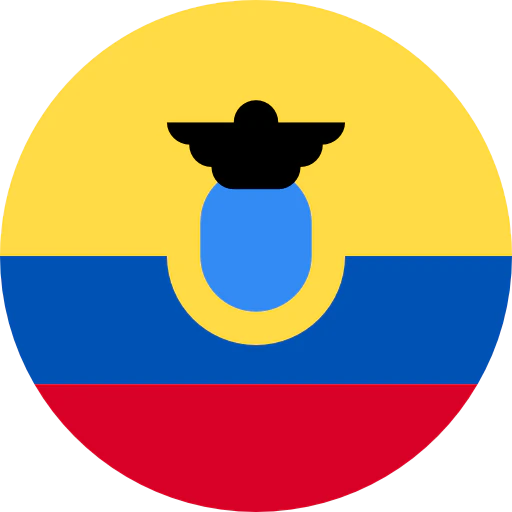






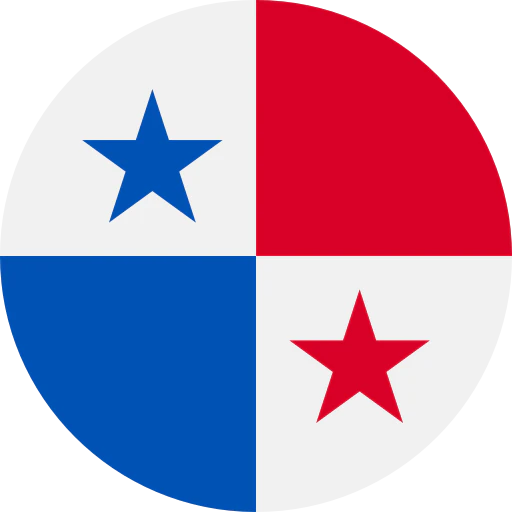

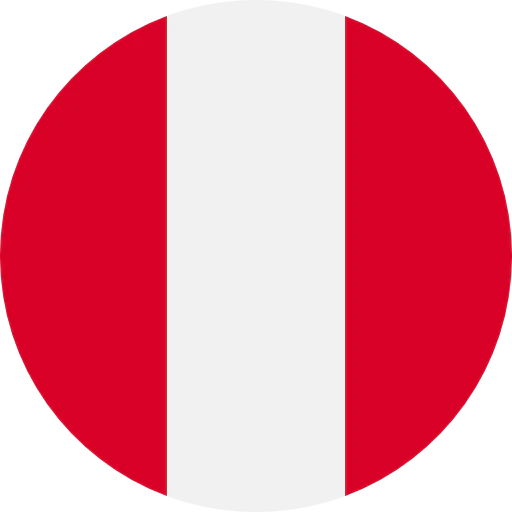













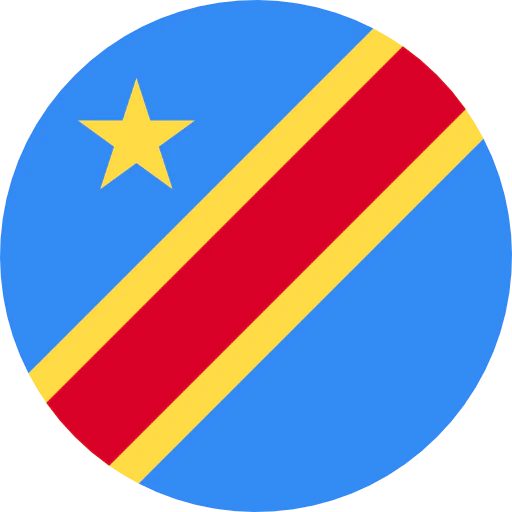


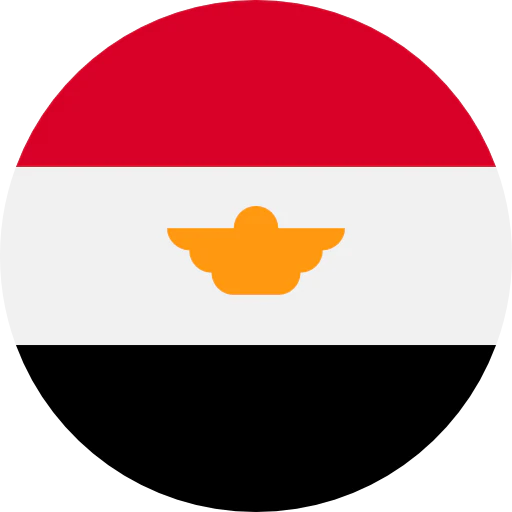





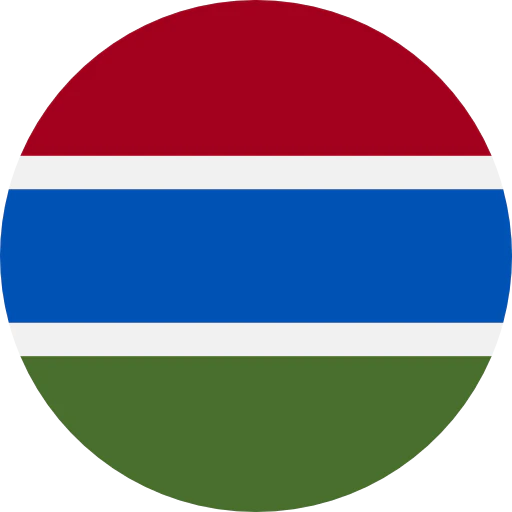
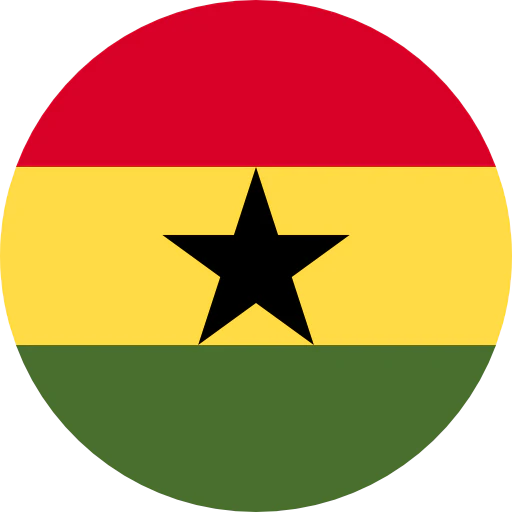



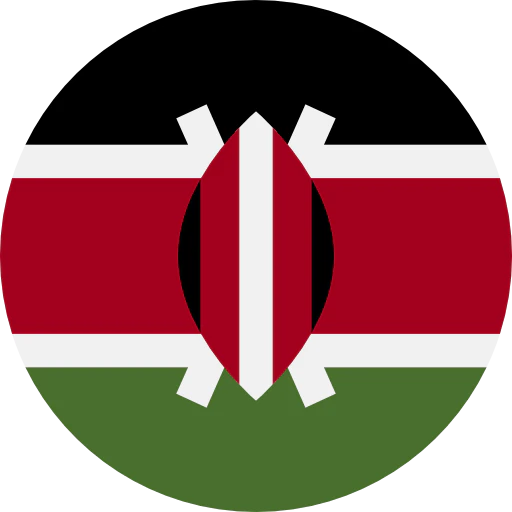
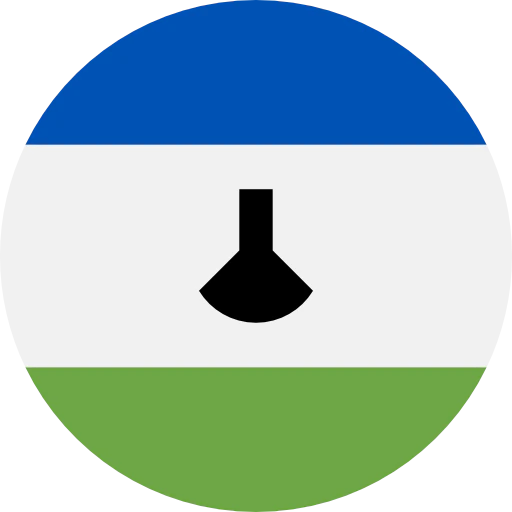
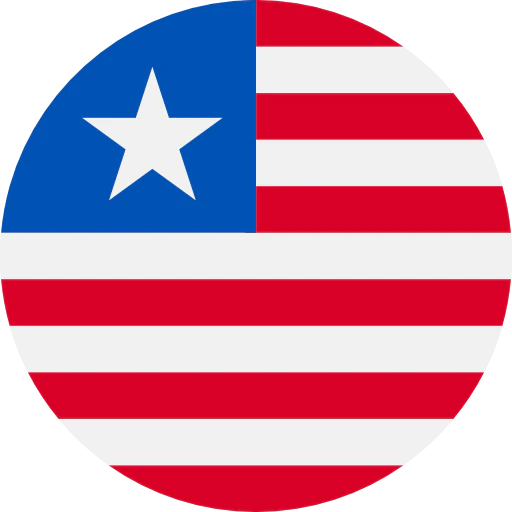
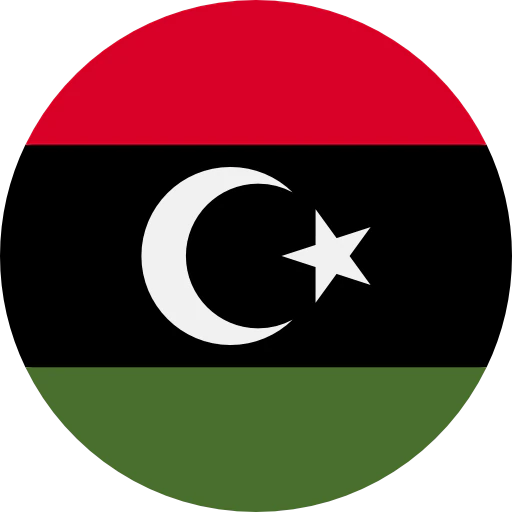

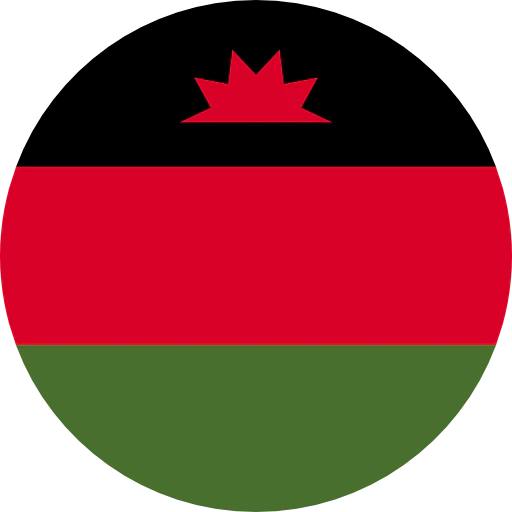




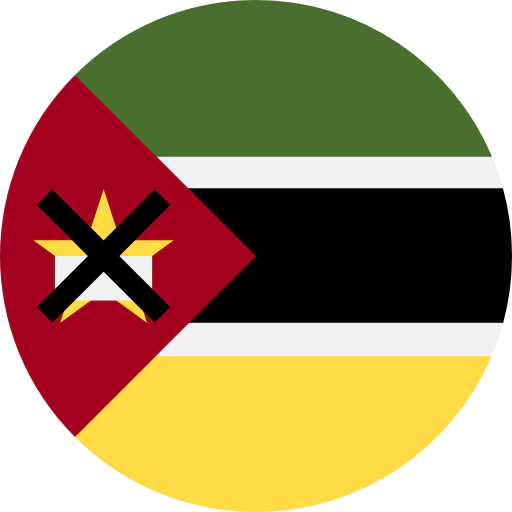


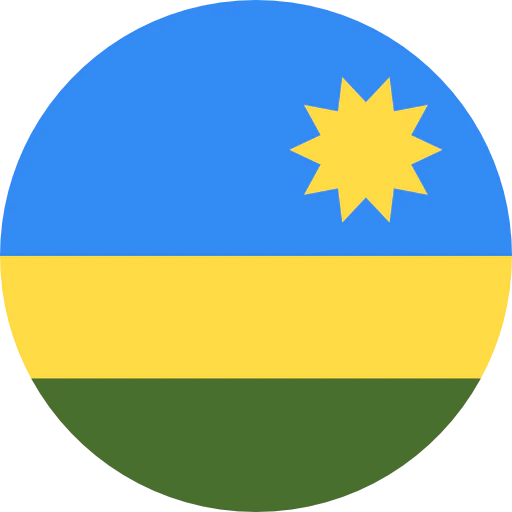
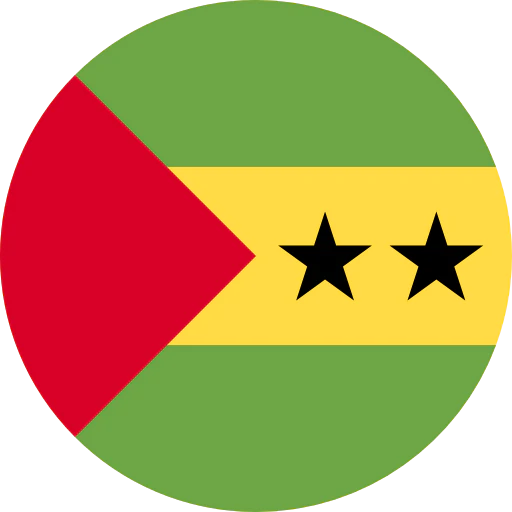




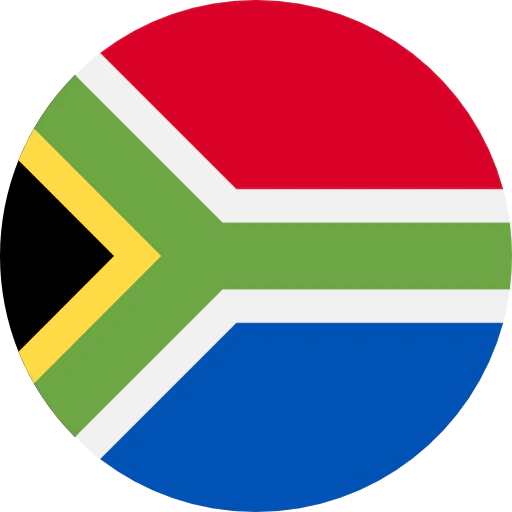

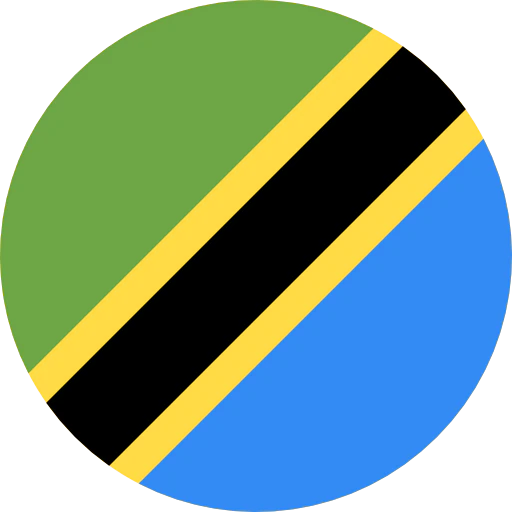


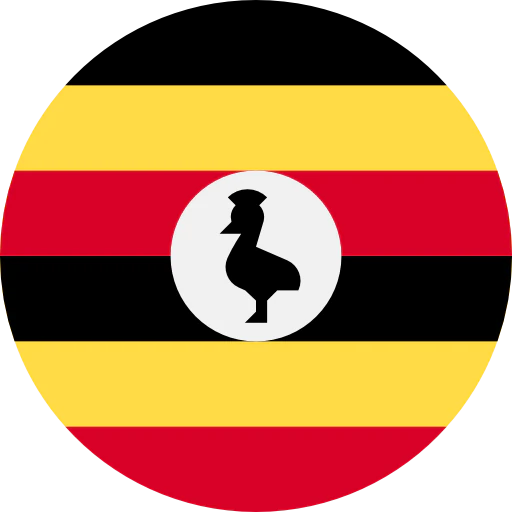
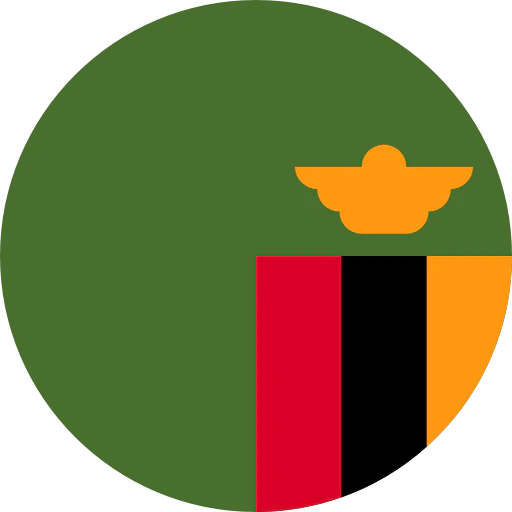
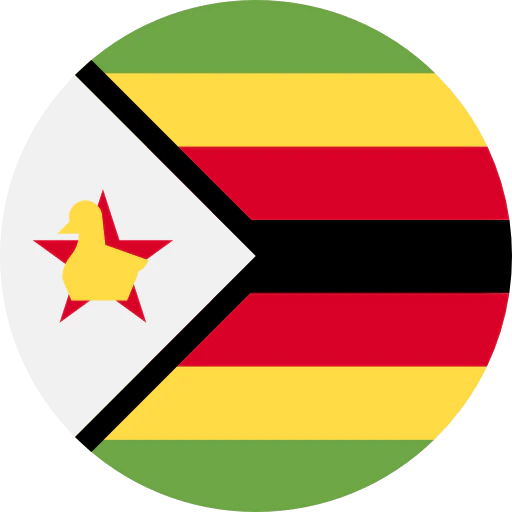
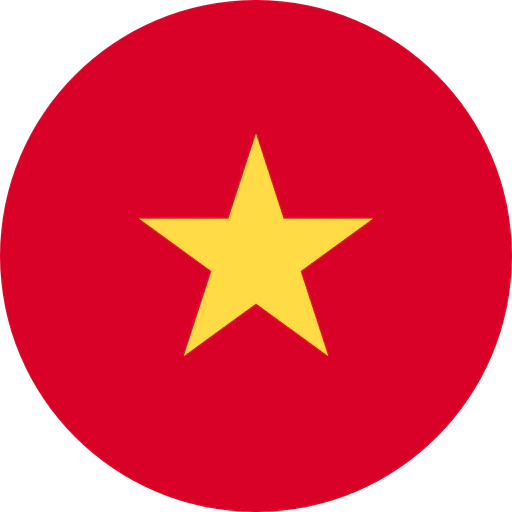
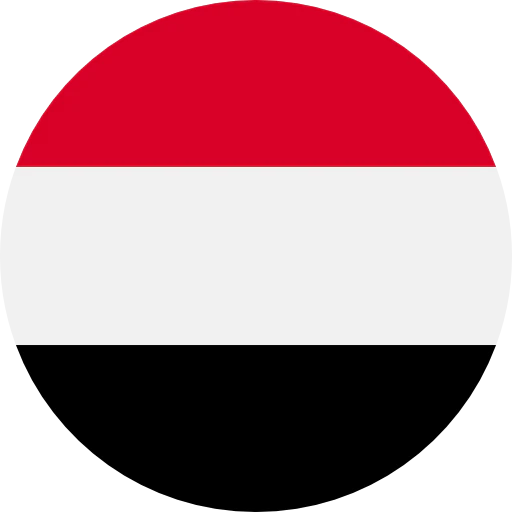




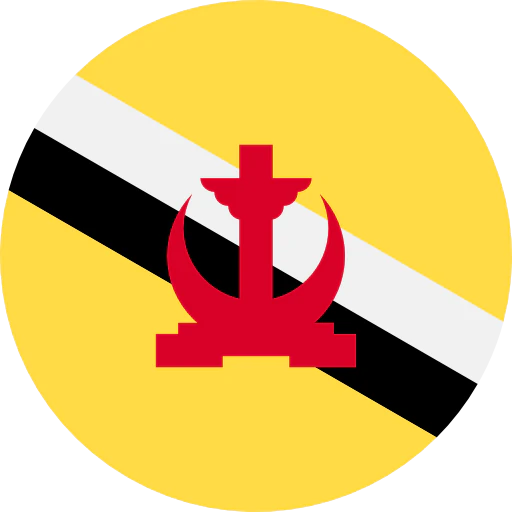

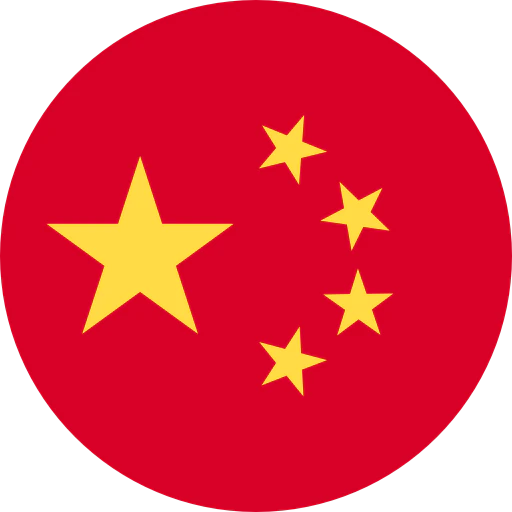


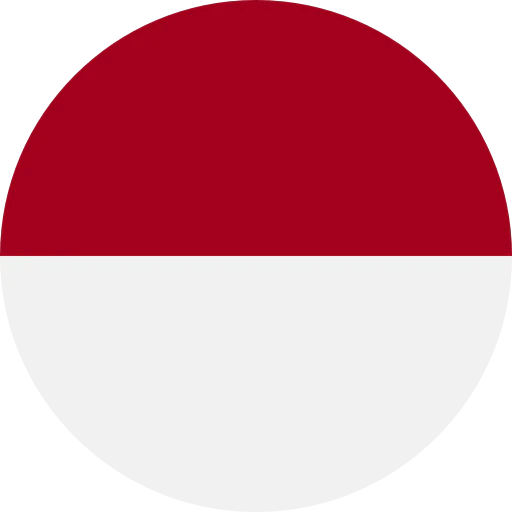



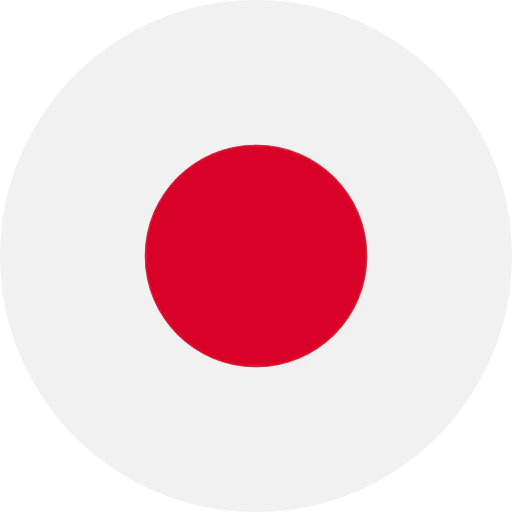
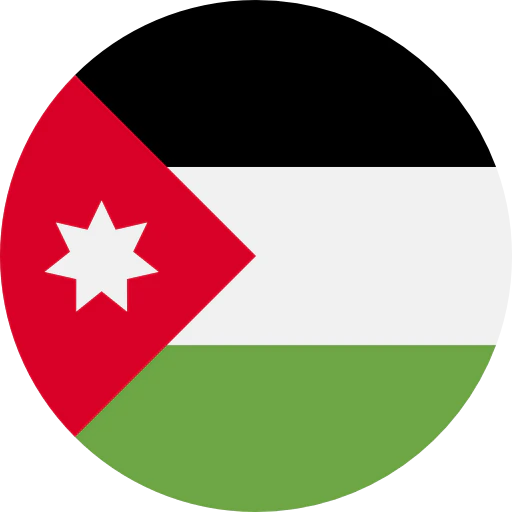

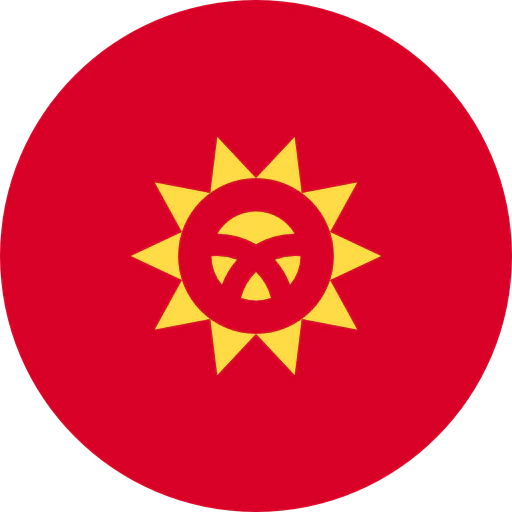
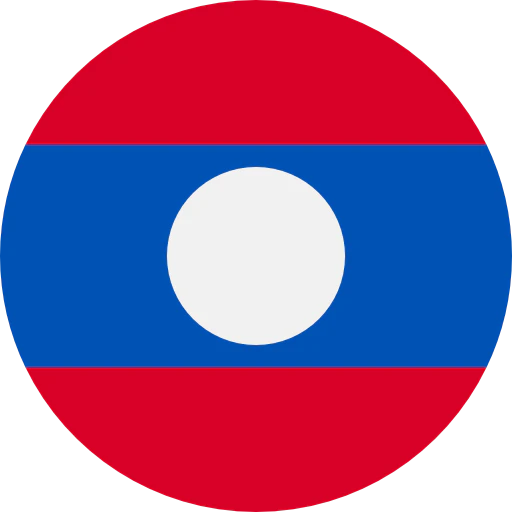

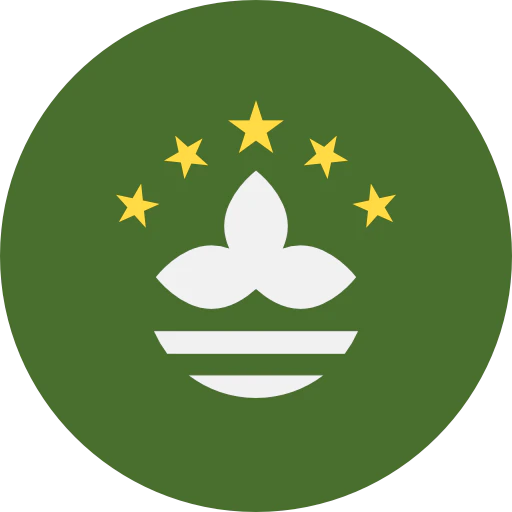

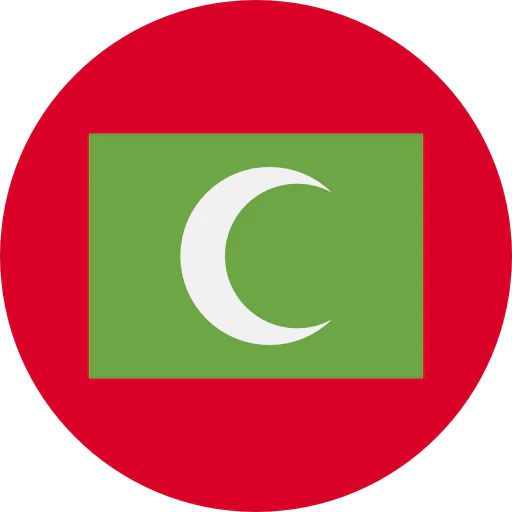

.webp)



